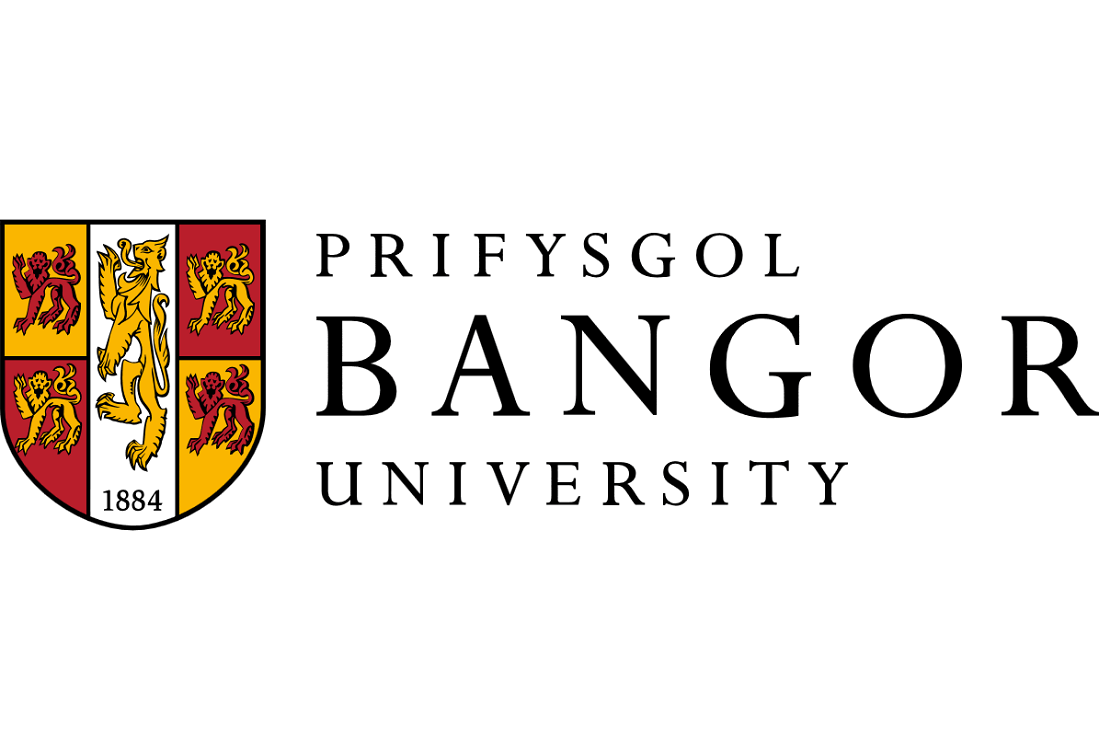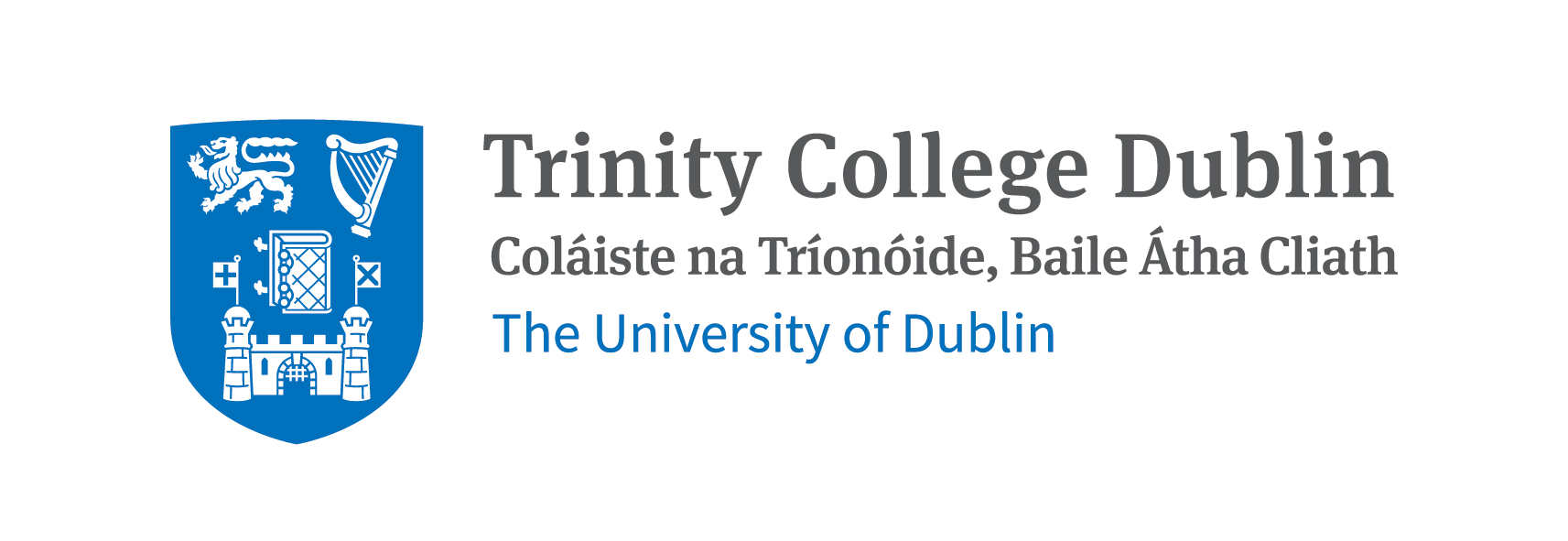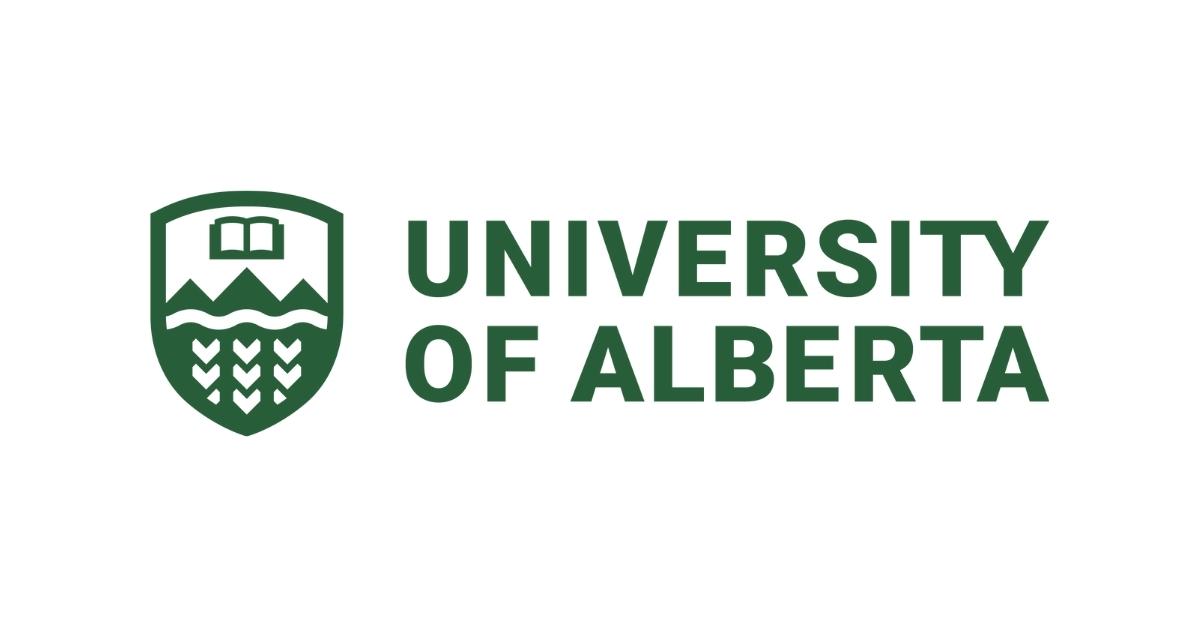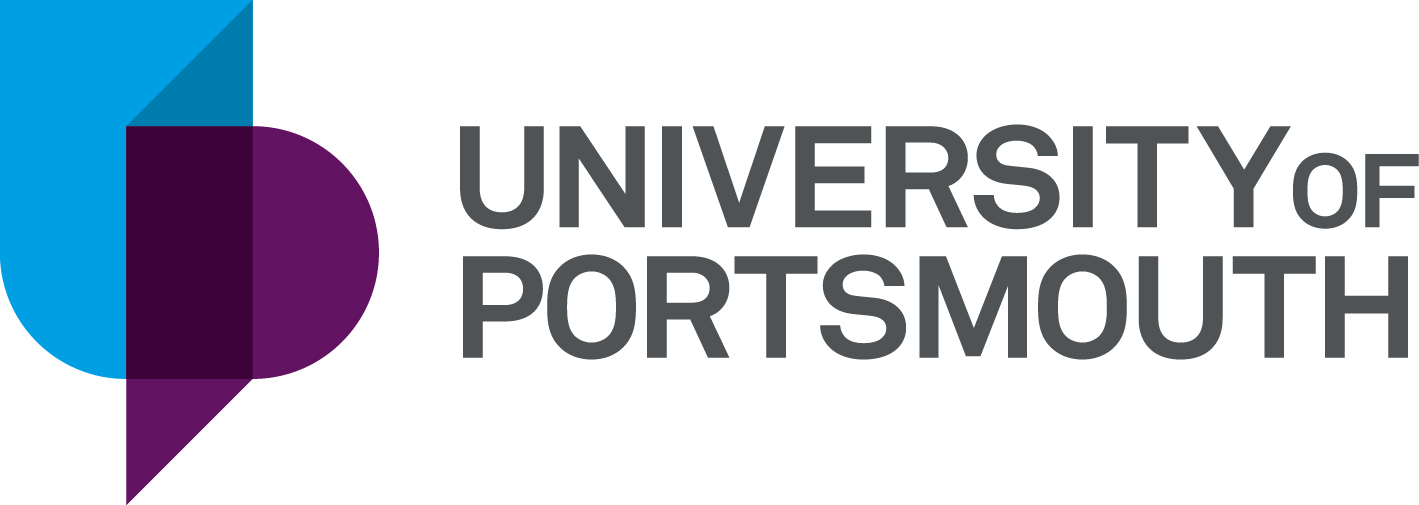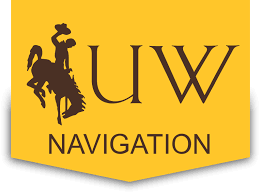Dental Hygiene Course: Your Gateway to a Rewarding Career in Oral Health
Are you passionate about healthcare and helping people maintain healthy smiles? A Dental Hygiene course could be the perfect fit for your ambitions. As a vital part of the dental team, dental hygienists play a crucial role in preventing oral diseases, educating patients, and promoting overall wellness. For Indian students dreaming of studying abroad, pursuing Dental Hygiene opens doors to world-class education, advanced technologies, and global career opportunities. This page explores everything you need to know about the course, from curriculum to career prospects, tailored for aspiring students from India.
What is Dental Hygiene?
Dental Hygiene is a specialized field within dentistry focused on the prevention, diagnosis, and treatment of oral health issues. Unlike general dentistry, which involves restorative procedures, dental hygienists emphasize preventive care. They clean teeth, take X-rays, apply sealants, and educate patients on proper oral hygiene practices.
Why choose Dental Hygiene abroad? Countries like the USA, Canada, UK, Australia, and New Zealand offer cutting-edge programs with hands-on training in state-of-the-art clinics. For Indian students, studying abroad means exposure to diverse patient populations, higher standards of practice, and better job prospects back home or internationally.
Course Overview
Dental Hygiene programs are available at undergraduate and postgraduate levels, typically lasting 2-4 years depending on the country and institution. These courses blend theoretical knowledge with practical skills, preparing you for licensure exams and professional practice.
Key Components of the Curriculum
- Anatomy and Physiology: Understanding the structure of teeth, gums, and oral cavity.
- Preventive Dentistry: Techniques for plaque removal, fluoride application, and patient education.
- Radiology and Imaging: Learning to interpret dental X-rays and use digital tools.
- Periodontology: Diagnosis and treatment of gum diseases.
- Clinical Practice: Supervised hands-on experience in dental clinics.
- Public Health and Ethics: Community oral health programs and professional standards.
Most programs include clinical rotations where you'll work with real patients under supervision, building confidence and expertise.
Duration and Levels
| Level | Duration | Typical Entry Requirements | Countries Offering |
|---|---|---|---|
| Diploma/Associate Degree | 2 years | High school with science subjects (Biology, Chemistry) | USA, Canada, Australia |
| Bachelor's Degree (BSc in Dental Hygiene) | 3-4 years | 12th grade with 60%+ in sciences; IELTS/TOEFL | UK, USA, New Zealand |
| Master's Degree (MSc) | 1-2 years | Bachelor's in related field; work experience | Canada, UK, Australia |
Note: In the USA and Canada, graduates must pass the National Board Dental Hygiene Examination (NBDHE) for licensure.
Eligibility Criteria for Indian Students
Admission requirements vary by country, but Indian students should prepare for a competitive process. Focus on strong academics and English proficiency.
- Academic Qualifications: Completion of 10+2 (CBSE/ICSE) with Physics, Chemistry, and Biology. Minimum aggregate of 50-60% is common.
- English Language Tests: IELTS (6.5+ overall) or TOEFL (80+). Some universities accept PTE.
- Entrance Exams: In the UK, you may need the UCAT; in the USA, DAT for advanced programs.
- Work Experience/Volunteering: Shadowing a dentist or volunteering in clinics strengthens applications.
- Visa Requirements: Student visa (Tier 4 in UK, F-1 in USA) requires proof of funds, acceptance letter, and health insurance.
Tip for Indian applicants: Highlight any NEET scores or dental-related extracurriculars to stand out.
Top Destinations and Universities for Dental Hygiene
Choosing the right country is key. Here's a breakdown of popular destinations for Indian students:
United States
The USA leads in dental innovation with programs emphasizing research. Average tuition: $20,000-$40,000 per year.
- University of Michigan – Renowned for clinical training.
- Ohio State University – Focus on community health.
- Forsyth School of Dental Hygiene – Affordable and practical.
Canada
Known for multicultural environments and post-study work permits (up to 3 years). Tuition: CAD 15,000-25,000 annually.
- University of British Columbia – Advanced simulation labs.
- George Brown College – Diploma with co-op placements.
- Fanshawe College – High employability rates.
United Kingdom
Shorter programs and NHS exposure. Tuition: £15,000-£25,000 per year.
- University of Sheffield – Integrated BSc program.
- King's College London – Research-oriented.
- University of Portsmouth – Hands-on from year one.
Australia and New Zealand
Focus on preventive care; post-study work visas available. Tuition: AUD 20,000-30,000.
- University of Sydney (Australia) – Global rankings top 50.
- University of Otago (New Zealand) – Strong clinical focus.
Indian students benefit from scholarships like the Fulbright (USA) or Chevening (UK), covering up to 50% of costs.
Career Opportunities and Salary Prospects
A degree in Dental Hygiene leads to diverse roles in hospitals, private clinics, public health sectors, and even research. Demand is high globally due to rising awareness of oral health.
Job Roles
- Clinical Dental Hygienist: Perform cleanings and assessments.
- Public Health Hygienist: Design community programs.
- Educator/Trainer: Teach in dental schools.
- Researcher: Develop new preventive techniques.
Salary Expectations
| Country | Entry-Level Salary (Annual) | Experienced Salary (Annual) |
|---|---|---|
| USA | $70,000 | $100,000+ |
| Canada | CAD 60,000 | CAD 90,000+ |
| UK | £30,000 | £45,000+ |
| Australia | AUD 70,000 | AUD 100,000+ |
| India (Post-Study Return) | ₹4-6 Lakhs | ₹10 Lakhs+ |
In India, internationally trained hygienists are in demand at multi-specialty clinics like Apollo or Fortis, with opportunities to start private practices.
Benefits of Studying Dental Hygiene Abroad for Indian Students
Beyond academics, studying abroad builds independence and cultural competence.
- Global Exposure: Learn from diverse cases, unlike uniform Indian curricula.
- Scholarships and Funding: Options like Inlaks Shivdasani for Indians; part-time work allowed (20 hours/week).
- Visa and Settlement Pathways: PR options in Canada/Australia after graduation.
- Cultural Adaptation: Universities offer Indian student societies for festivals like Diwali.
- Networking: Connect with professionals for internships back in India.
Challenges like homesickness can be mitigated through online Indian communities and counseling services.
Application Process: Step-by-Step Guide
Start early—applications open 6-12 months in advance.
- Research Programs: Use sites like QS Rankings or Studyportals.
- Prepare Documents: Transcripts, SOP (Statement of Purpose), LORs (Letters of Recommendation), passport.
- Take Tests: IELTS/TOEFL and any entrance exams.
- Apply Online: Via university portals or UCAS (UK).
- Secure Funding: Apply for scholarships; show bank statements for visas.
- Attend Interviews: Some programs require virtual or in-person talks.
- Apply for Visa: Submit to respective embassies; processing takes 4-8 weeks.
Pro Tip: Consult education agents in India for personalized guidance.
Why Dental Hygiene is Ideal for Your Future
In a world prioritizing preventive healthcare, Dental Hygiene offers stability and fulfillment. For Indian students, it's a smart investment—affordable compared to MBBS, with quicker entry into the workforce. Imagine contributing to India's growing dental tourism industry with international credentials. Take the first step today: explore programs, prepare your profile, and embark on a journey to a brighter, healthier tomorrow.
Ready to apply? Contact our study abroad counselors for free assistance tailored to Indian students.

